- Archaeology ,
- Biology ,
- Culture (678) ,
- Language
Cultural anthropologists seek to understand the diverse ways people live today, including how they think, act, create, struggle, make meaning, and organize their societies.
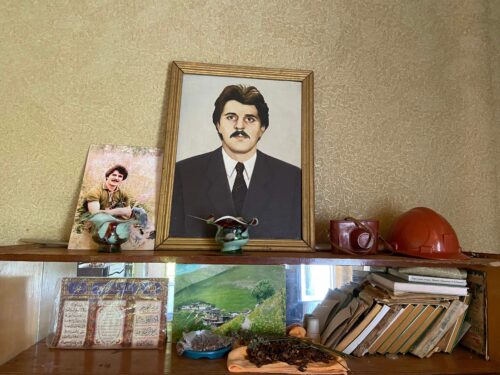
For Families of Missing Loved Ones, Forensic Investigations Don’t Always Bring Closure
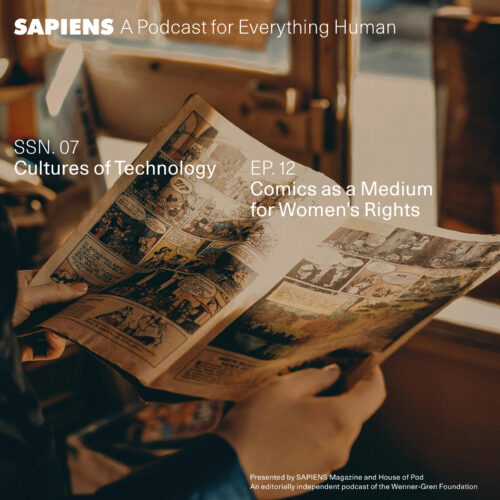
Comics as a Medium for Women’s Rights
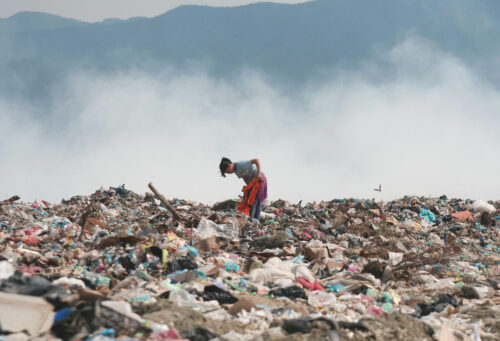
Albania’s Waste Collectors and the Fight for Dignity
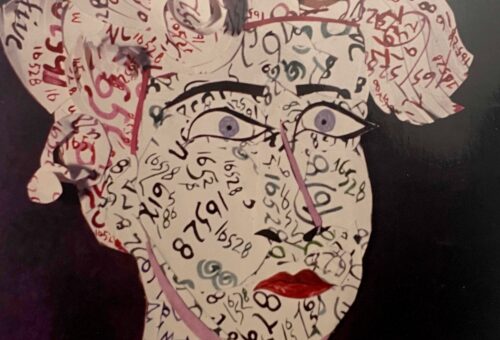
Grappling With Guilt Inside a System of Structural Violence
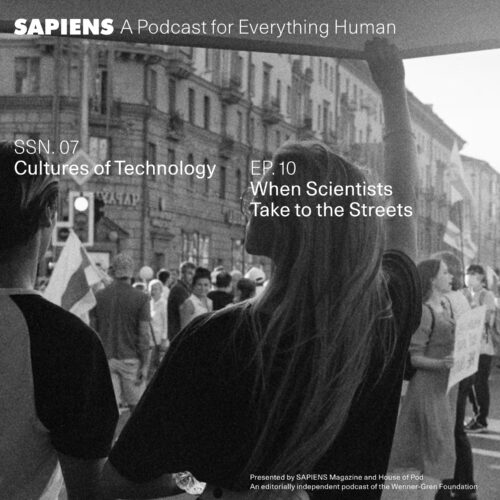
When Scientists Take to the Streets
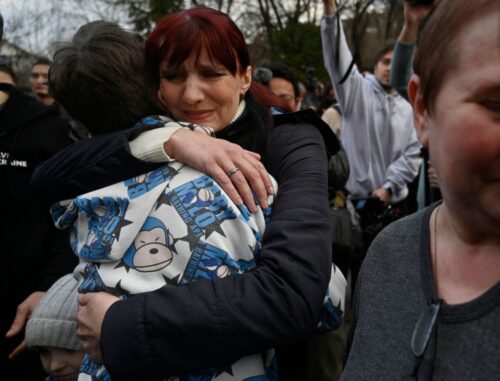
Inside Russia’s Campaign to Steal and Indoctrinate Ukrainian Children

Coastal Eden
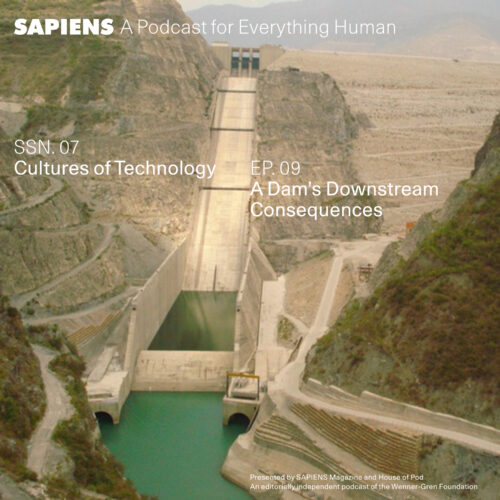
A Dam’s Downstream Consequences
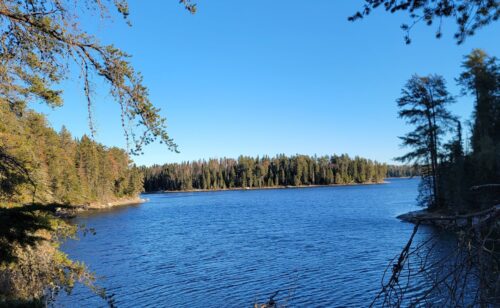
On the Tracks to Translating Indigenous Knowledge
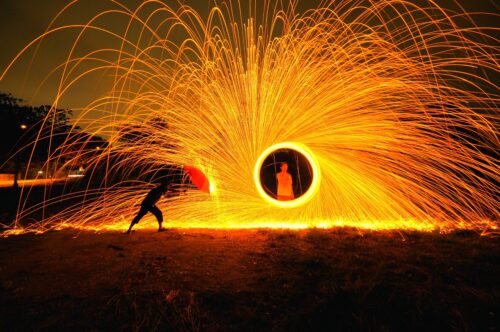
A Call for Anthropological Poems of Resistance, Refusal, and Wayfinding
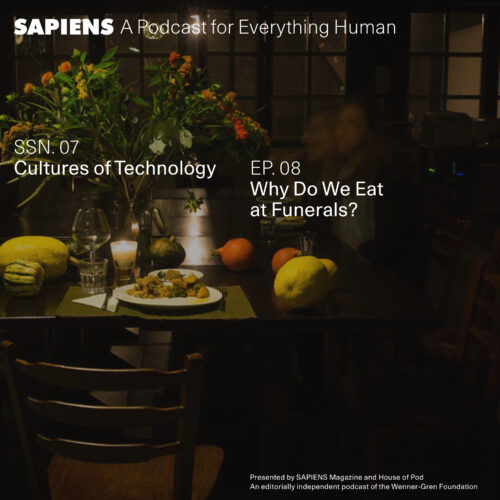
Why Do We Eat at Funerals?
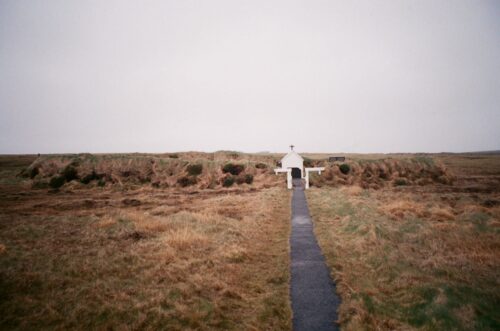
Buried in the Shadows, Ireland’s Unconsecrated Dead

Nameless Woman
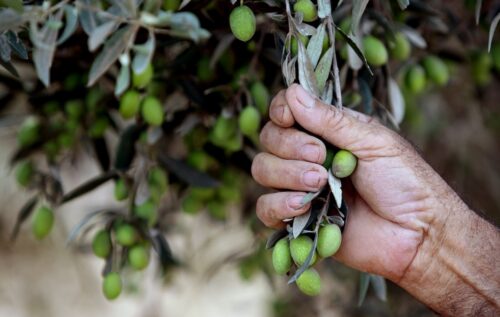
A Palestinian Family’s History—Told Through Olive Trees

Chatter That Matters

Can “Made in China” Become a Beacon of Sustainability?

The Problems of Digital Evidence in Terrorism Trials
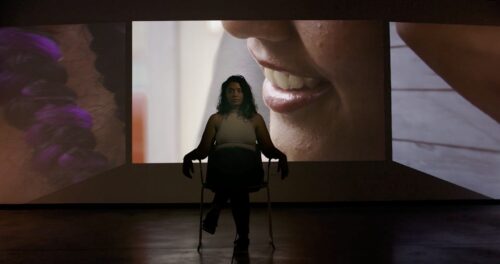
Spotlighting Black Women’s Mental Health Struggles
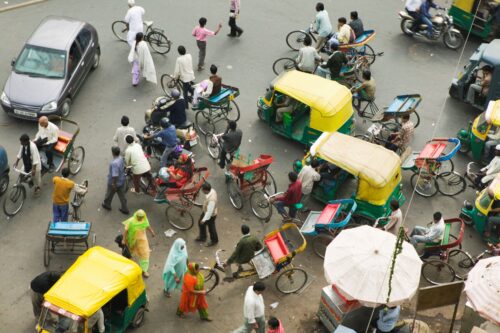
Being a “Good Man” in a Time of Climate Catastrophe
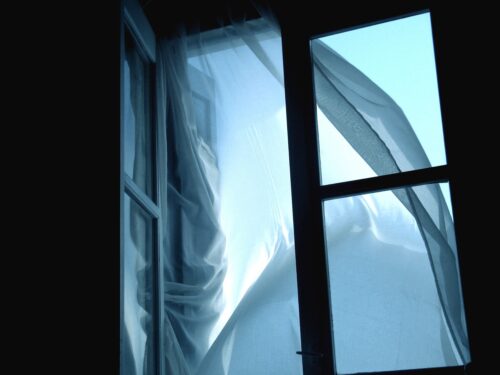
The Visit

Imphal as a Pond
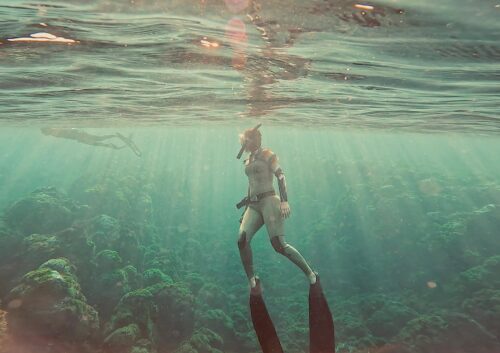
A Freediver Finds Belonging Without Breath
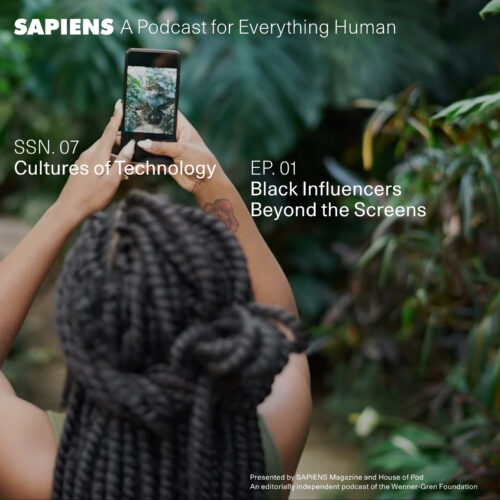
Black Influencers Beyond the Screens
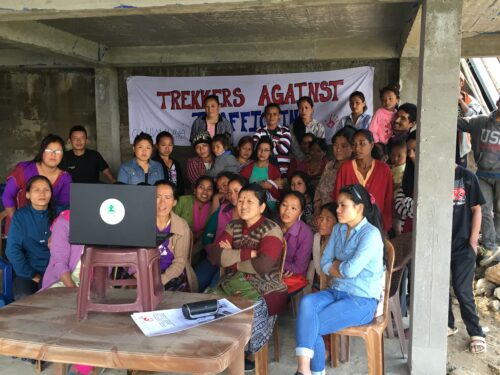
The Trauma Mantras
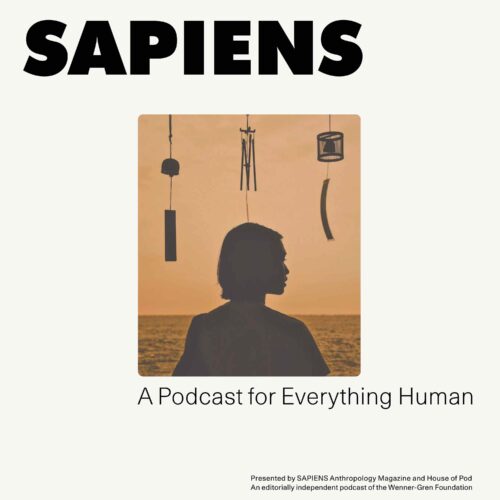
Cultures of Technology
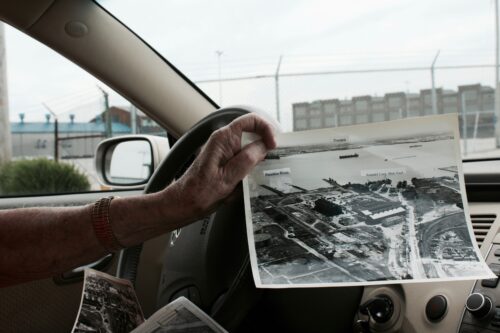
Baltimore’s Toxic Legacies Have Reached a Breaking Point
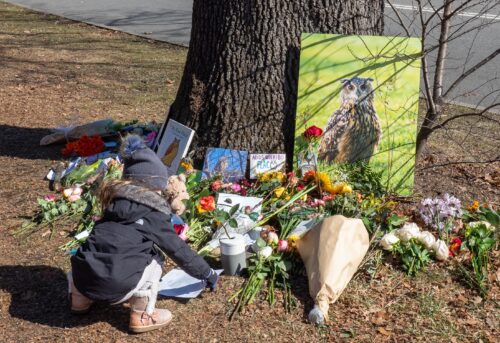
What a Community’s Mourning of an Owl Can Tell Us
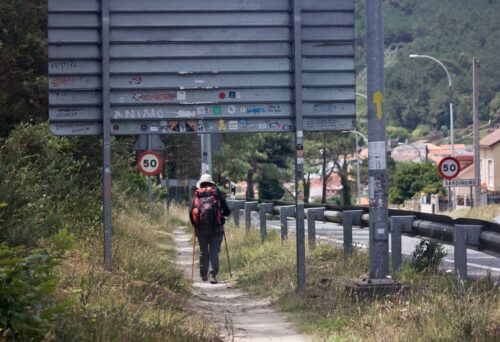
Conflicting Times on the Camino de Santiago

The Responsibility of Witnesses to Genocide

How Israeli Prisons Terrorize Palestinians—Inside and Outside Their Walls

Bila Mwili
